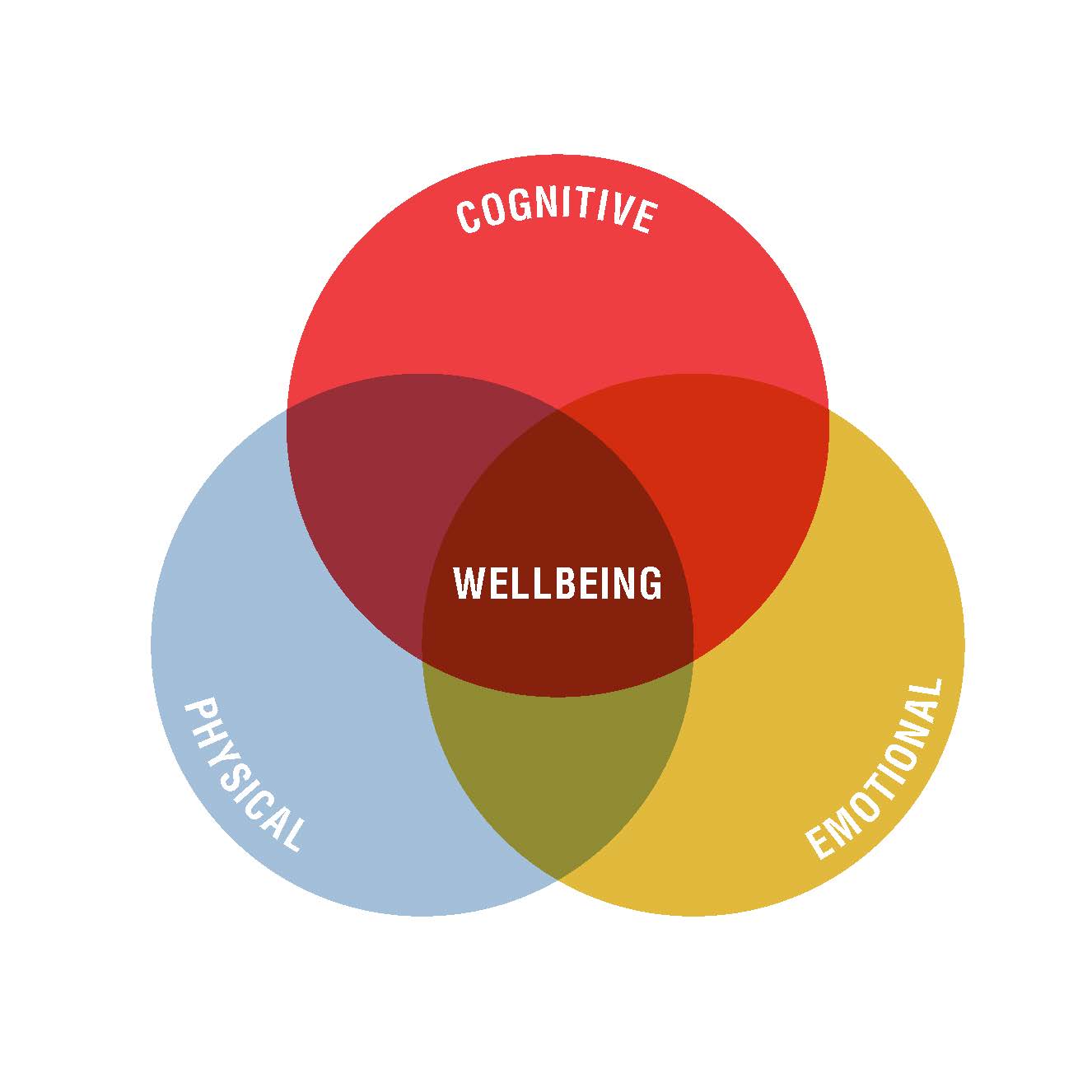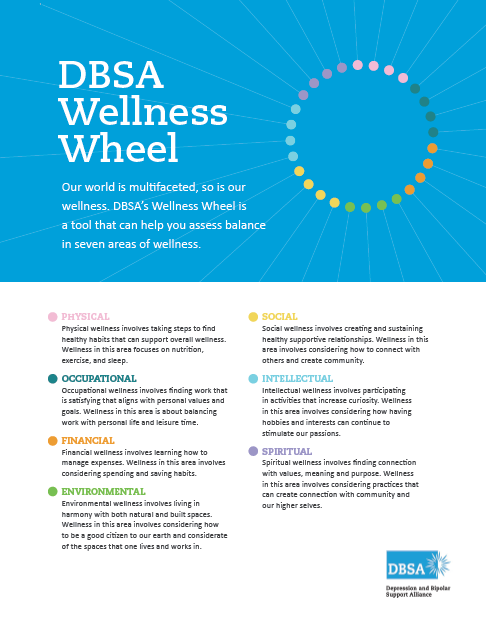Introduction
In the pursuit of a healthy and fulfilling life, mastering wellness is essential. It’s about more than just physical health—it encompasses mental, emotional, and spiritual well-being as well. In this article, we’ll explore essential steps for healthy living that can help you achieve holistic wellness and thrive in every aspect of your life.
Prioritize Nutrition
One of the foundational pillars of wellness is nutrition. Fueling your body with nourishing foods is crucial for overall health and vitality. Focus on consuming a balanced diet rich in fruits, vegetables, whole grains, lean proteins, and healthy fats. Limit processed foods, sugary snacks, and excessive alcohol intake, as these can negatively impact your health and energy levels.
Embrace Regular Exercise
Regular physical activity is key to maintaining a healthy weight, reducing the risk of chronic diseases, and promoting overall well-being. Aim for at least 150 minutes of moderate-intensity exercise or 75 minutes of vigorous-intensity exercise each week. Incorporate a mix of cardiovascular, strength training, and flexibility exercises to keep your body strong, agile, and resilient.
Prioritize Sleep and Rest
Quality sleep is essential for physical and mental health. Aim for 7-9 hours of uninterrupted sleep each night to allow your body and mind to recharge and repair. Create a relaxing bedtime routine, avoid screens before bed, and ensure your sleep environment is comfortable and conducive to restorative rest. Additionally, incorporate rest days into your exercise routine to prevent burnout and promote recovery.
Manage Stress Effectively
Chronic stress can have detrimental effects on your health and well-being. Find healthy ways to manage stress and cultivate a sense of inner peace and balance. Practice mindfulness meditation, deep breathing exercises, yoga, or journaling to reduce stress and promote relaxation. Prioritize activities that bring you joy and fulfillment, and learn to let go of things beyond your control.
Cultivate Supportive Relationships
Social connections play a vital role in overall wellness. Cultivate supportive relationships with friends, family members, and community members who uplift and encourage you. Spend quality time with loved ones, engage in meaningful conversations, and seek out opportunities for connection and camaraderie. Surround yourself with positive influences that nurture your growth and well-being.
Nurture Your Mental Health
Mental health is just as important as physical health when it comes to overall wellness. Take proactive steps to nurture your mental and emotional well-being. Practice self-care activities that bring you joy and relaxation, such as reading, hobbies, or spending time in nature. Seek professional support if needed, and don’t hesitate to reach out for help if you’re struggling with mental health challenges.
Stay Hydrated
Proper hydration is essential for overall health and well-being. Aim to drink at least 8-10 glasses of water per day to stay hydrated and support bodily functions. Carry a reusable water bottle with you throughout the day as a reminder to drink water regularly. Limit sugary beverages and caffeinated drinks, as these can dehydrate your body and negatively impact your health.
Practice Gratitude
Cultivating an attitude of gratitude can significantly impact your overall well-being and happiness. Take time each day to reflect on the things you’re grateful for, whether it’s a beautiful sunset, a kind gesture from a friend, or a delicious meal. Practicing gratitude can help shift your perspective, reduce stress, and increase feelings of positivity and contentment.
Engage in Lifelong Learning
Continuously expanding your knowledge and skills is essential for personal growth and fulfillment. Make time for lifelong learning by exploring new hobbies, interests, or subjects that pique your curiosity. Whether it’s taking a cooking class, learning a new language, or diving into a topic you’re passionate about, lifelong learning can enrich your life and enhance your overall well-being.
Conclusion
Mastering wellness is a lifelong journey that requires commitment, intentionality, and self-awareness. By prioritizing nutrition, embracing regular exercise, prioritizing sleep and rest, managing stress effectively, cultivating supportive relationships, nurturing your mental health, staying hydrated, practicing gratitude, and engaging in lifelong learning, you can create a foundation for healthy living and holistic well-being that enriches every aspect of your life. Read more about steps to stay healthy




